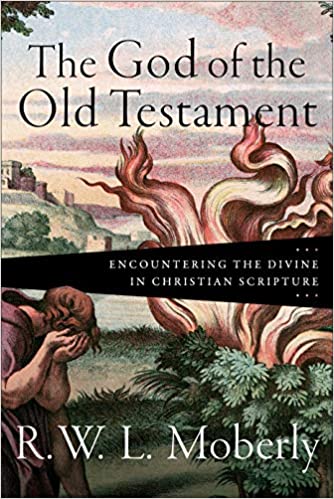Q. The Inscrutable God chapter is certainly very challenging. It reminded me of the end of a poem I wrote some time ago which says ‘God’s way are not our ways/ our eyes cannot see/ the logic of love/ nailed to a tree.” My point is that ‘all is not made plain’ even in the NT when it comes to the ultimate mysteries of God’s ways with us. Our tendency to want simple and clear answers to everything leads to unhelpful impatience with God and life. I like your stress about our having choices to make in response to life’s inequities. But can we say that in the final analysis, in the Kingdom the wrongs will be righted, and perhaps the inequities be seen to be just part of living in a fallen world? If life in God’s purposes is more about mercy, forgiveness, and love than it is about justice and equity how should we view these things?
A. Yes, indeed, we can and should say that ultimately God will right wrongs, however hard it is for us to imagine how this could be. But I want to highlight that Christians may have to live with higher levels of not knowing or understanding (or, often, liking) things than are perhaps fashionable in some contemporary preaching. So much of the life of faith boils down to trust and faithfulness, come what may.
Q. I was rather surprised that there wasn’t a chapter entitled ‘The loving God’, maybe focusing on Hos. 11. Was this because too much emphasis has sometimes been placed on that aspect of the divine character?
A. Nice question! This would have been the chapter on Exodus 32-34, whose omission from the book is my one specific regret (p.246). Exodus 34:6-7 portrays hesed (“steadfast love”) as integral to both the character (v.6) and the actions (v.7) of God in a way that is the strongest OT analogy to the NT portrayal of God as characterized by and enacting agape (“love”).
On a different note, however, I think that much Christian witness speaks too easily of God’s love in a way that risks cheapening it, and also not ringing true to people’s perception of life and the world. One of the most overlooked features of both OT and NT is that the definitive accounts of God as loving come in the most unpromising situations – the fundamental failure of Israel even while still at Sinai, whose faithlessness is tantamount to committing adultery on one’s wedding night, and the apparent triumph of fear, hatred and cruelty (together with the disciples’ failure of faithfulness) in the crucifixion of Jesus. I often think that it is especially when darkness and despair have appeared to triumph that people can begin to see what is meant by the love of God – that despite everything there is a goodness and care and hope that is wonderful beyond our imagining.













